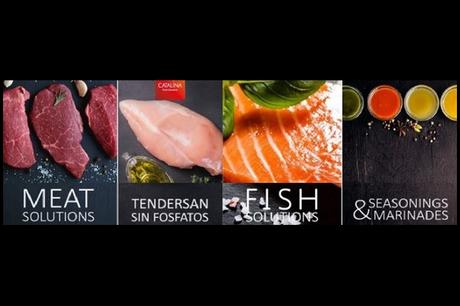It's fair to say that COVID-19 has hit the world hard. Huge government-driven incentives to stay at home have helped to reduce the infection rate and regular hand washing is contributing to preventing the disease from taking hold.
But, it is also apparent that this version of Coronavirus is likely to be with us for some time. Humans are going to need to learn to live with it. Part of this is understanding the steps you can take to help with food safety during this pandemic.

The majority of cases are transmitted either by viral contact with an infected person or by touching a surface that has been touched by an infected person.
Whether you're running a commercial business or simply want to adopt best practices at home, it's time to consider changing your food processing equipment.
The best equipment is made from metal as this is easy to clean and difficult for any bacteria to live on. New equipment doesn't have the age-related nicks and grooves that provide bacteria with the perfect home. If you deprive the virus of somewhere to live you'll be reducing the risk of you contracting it.
It's also worth noting that because this equipment is easier to clean you'll be reducing the likelihood of contamination between different food types. All you have to do is remember to wash between uses.
Purchasing FoodAnother concern that many people have is how to purchase food and stay safe. While masks can help prevent you from sharing the disease you don't know how many people have handled the items you wish to purchase.
The risk of catching COVOD-19 from food packaging is real. For example, you arrive at the shop and put gloves and a mask on. His means that you can handle everything in store without worry, as long as your gloved hands don't touch your face.
However, at the till, you need to pay. That means any virus on your gloves could be transferred to your bank card which is then returned to your wallet.
Of course, you can take your glove off to pay and then put it back on, potentially avoiding the issue.
But, what about when you get home and you put your shopping away? How do you know if any of the packets have CPVID-19 on them?
The answer is you don't, that's why you need to take the following precautions:
- Load your car and then remove your gloves and use hand sanitizer before getting into the car.
- Wash your hands when you get home.
- Unpack your shopping and remove all outer packaging where possible. This needs to go into the bin.
- Do all your unpacking on one surface, allowing waste to go straight into the bin and the surface to be cleaned after you've finished.
- Wash your hands and the surfaces again after you've finished putting things away.
- Don't forget to wash all fruit and veg before placing them in the refrigerator.
- You should wash your hands before and after you prepare any food.
Adopting the right protocols for food safety will reduce the likelihood of you contracting the disease.
